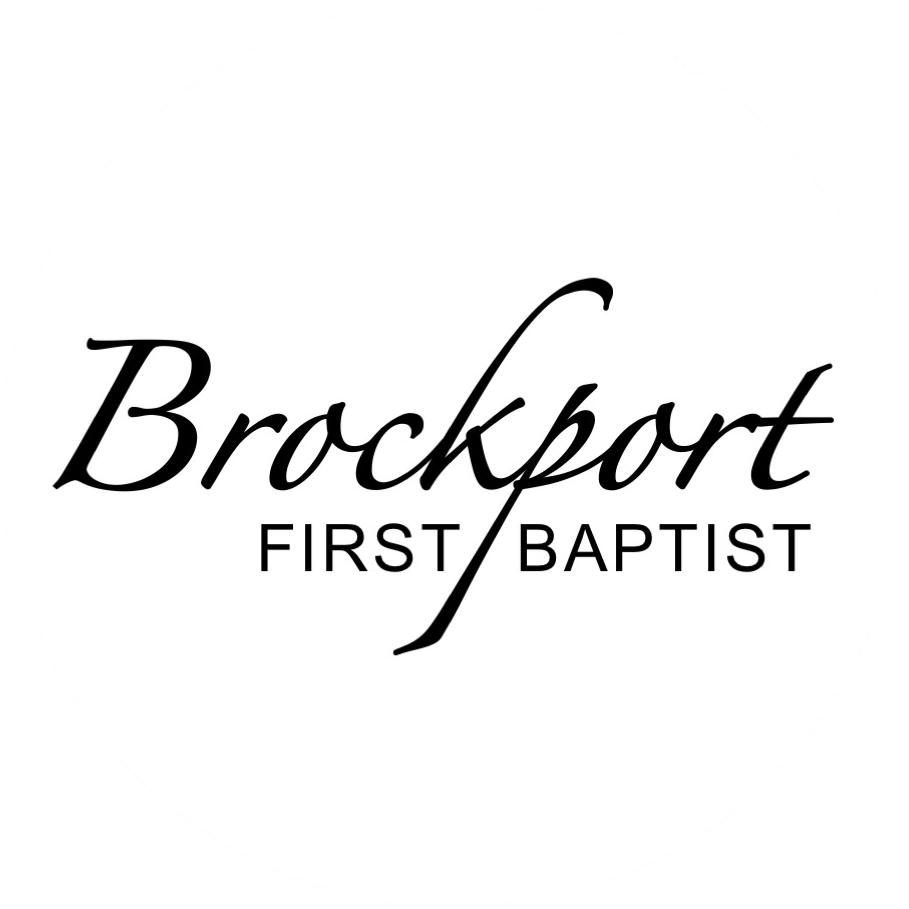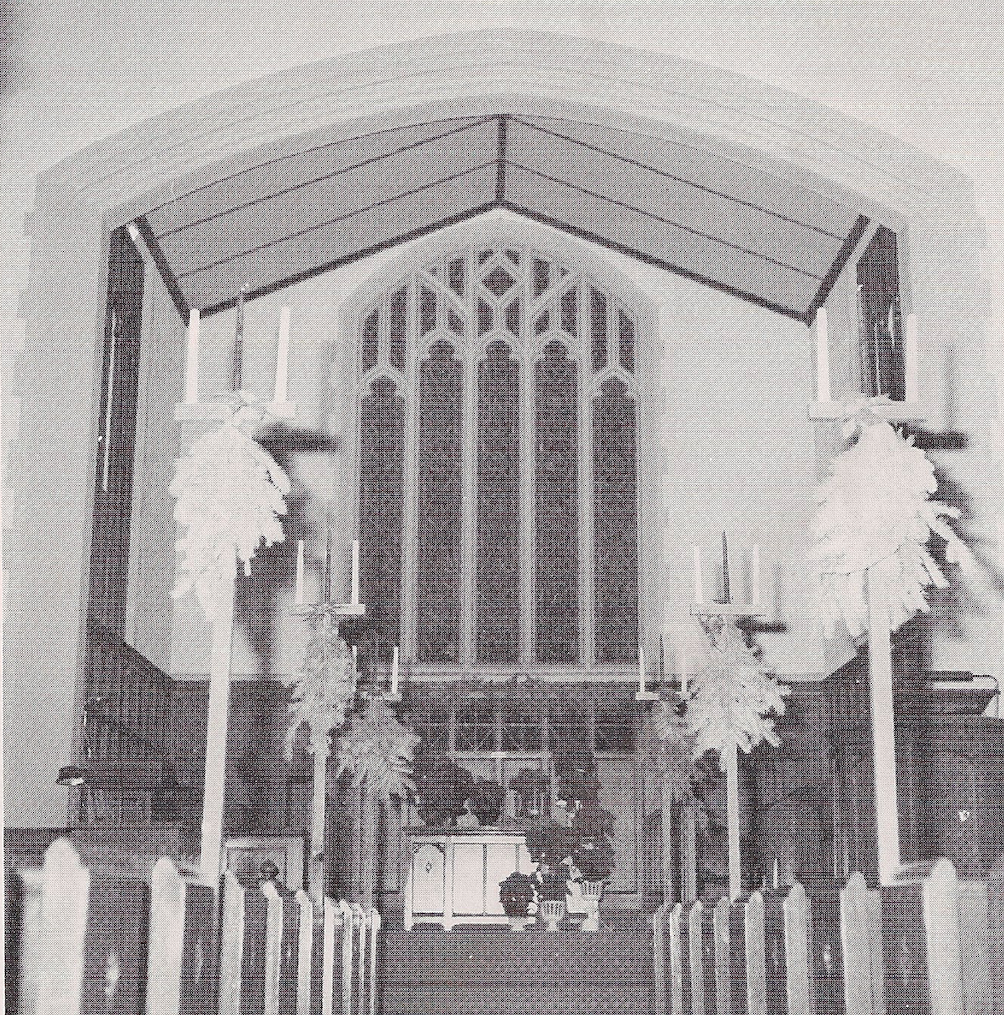Baptists have a rich tradition of resisting religious litmus tests. You do not need to check a set of ideological boxes to be part of our community — all who acknowledge Jesus as Lord are welcome to worship, serve, and belong here.
Even though we are non-credal, nearly every Baptist church has a church covenant that is signed by every member of the congregation. While creeds focus on beliefs and doctrines, church covenants are statements of identity focused on who are we as a congregation and what we are called to do together.
The first draft of our covenant was written by the founders of our congregation in 1828. The current version can be found below.
Church Covenant
Believing that God has revealed himself to us through his only Son, Jesus Christ, we accept him as our Savior, and the Holy Scripture as the rule of our lives.
We will practice baptism of repentance in the name of the Father, and of the Son, and of the Holy Spirit. We will be led in a new life of obedience and humility that the will of God might be known to others through us.
We dedicate ourselves to the task of discipleship, that life eternal might be proclaimed in all the world. We will assemble for worship, prayer, and service, and regularly gather at the table of communion to remember and experience the presence of our Lord.
We will strive for the advancement of the church of Jesus Christ, looking to God in prayer, that we may know forgiveness of sin and be empowered to do his will, with the company of his people, the Church Universal.
The Judson Declaration
Generally speaking, the leadership of Brockport First Baptist affirms the Judson Declaration, a non-binding summary of Baptist convictions put forward by the Coalition for Baptist Principles in 2004:
1) The living Christ is the final judge of our belief and actions.
The call to faith by Christ is rooted in the repeated call, "Follow me." We, therefore, reject all attempts to impose a creed or creed-like structure to be used as a litmus test for orthodoxy. We declare that we follow Christ. We do not believe that because a vote has been taken, the will of Christ has been discerned.
2) The Bible is a dynamic, not a static document, that needs to be interpreted for every age.
No one person or group can faithfully interpret the Bible for every age or every other group. We affirm the freedom of the community of faith to read and interpret the Bible under the leadership of the Holy Spirit. We declare that this freedom is central to Baptist life and thought. We reject the attempts of some to impose their interpretation of the Bible onto others. We affirm our need for dialogue and kindness in our differences, but we still stand by our own freedom to read and interpret the Bible, relying on both the historical understanding of the church and on the best methods of modern Biblical study.
3) The separation of church and state is good both for the church and the state, and it promotes the common good of all citizens.
We declare our belief that the historic core of Baptist thought resides in liberty of conscience apart from any coercion by the state. Generations of Baptist forebears have lived and suffered for this conviction, and we affirm the conviction that religious liberty is best served by a separation of church and state. The church does not need the state to prop it up, and we reject any attempts by the church to dictate policy to the state. At the same time, we affirm our responsibility as citizens to have our voice heard and our moral concerns expressed.
4) Non-conformity to majority opinion is part of the Baptist heritage, and to submit Baptist theology to majority vote is to betray the heritage of people called Baptists.
From Roger Williams to Martin Luther King, Jr., Baptists have been free to stand for unpopular positions. We reject the efforts of some to force all Baptists into a single position on controversial issues. Baptists have always had diverse theological, political and social positions.
5) The local church is free to make its own decisions under the Lordship of Christ.
A local Baptist church need not ask permission from any judicature to venture out on faith in any ministry of love. A given ministry may not be the ministry of choice for another Baptist church, but to threaten disfellowship due to a church's choice of ministry is a disservice to the Baptist heritage of local church autonomy. Baptist churches cooperate in associations and regions, not because they all agree, but because there are some things they can do better through pooling their resources.
6) Theological diversity among Baptists is a strength.
Theological conformity among Baptists has never been a goal. The diversity of our theological positions has strengthened Baptists throughout the world. In an environment of freedom, Baptists continue to find free inquiry into biblical, social, political, and economic issues of importance a gift from our heritage. Intimidation and exclusion of dissenters are outside the boundaries of the Baptist spirit.
Church History
Looking to do an even deeper dive into the history of our church? Click below to read the full story – from our founding in 1828 up through today.












